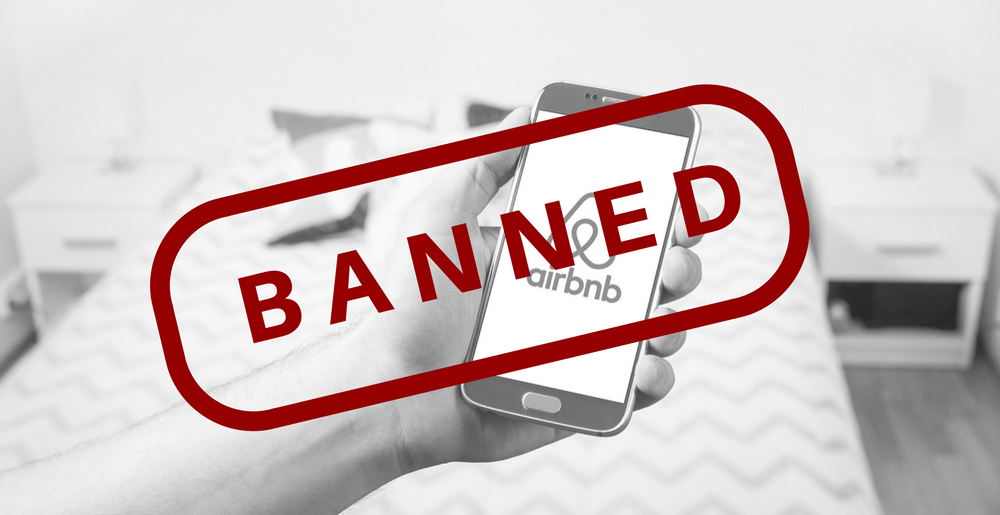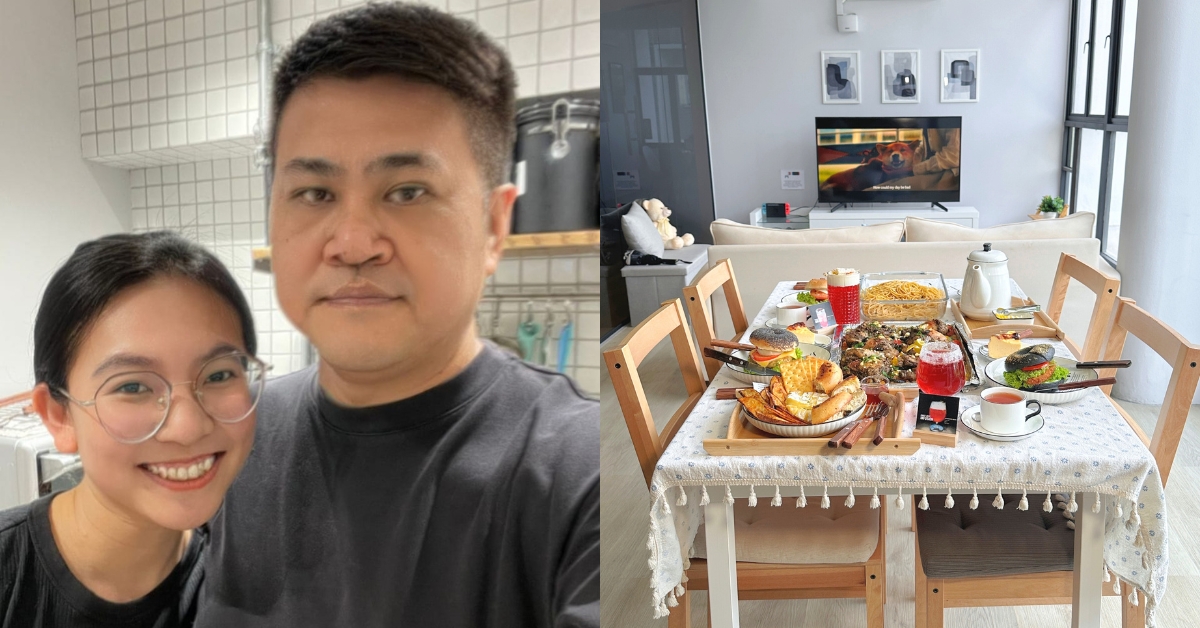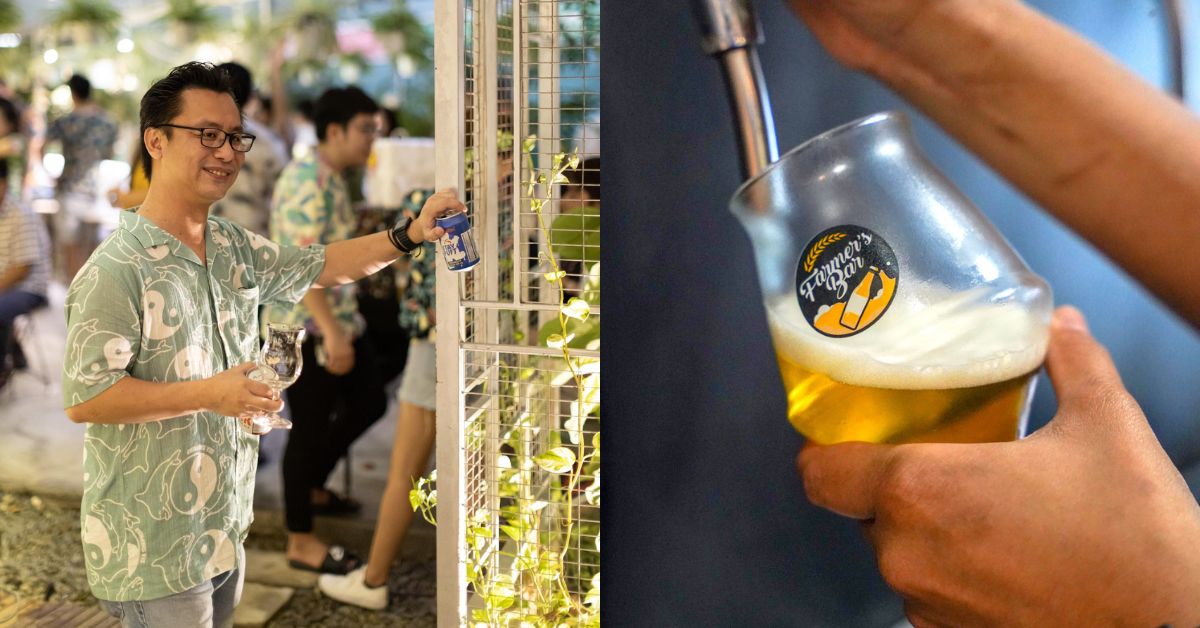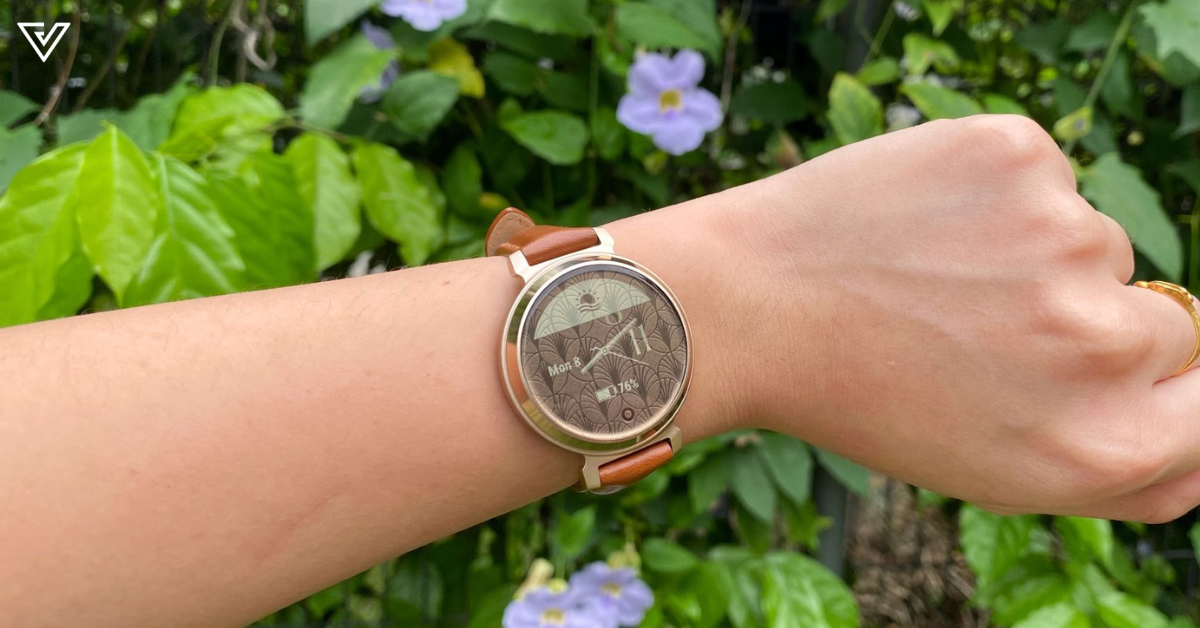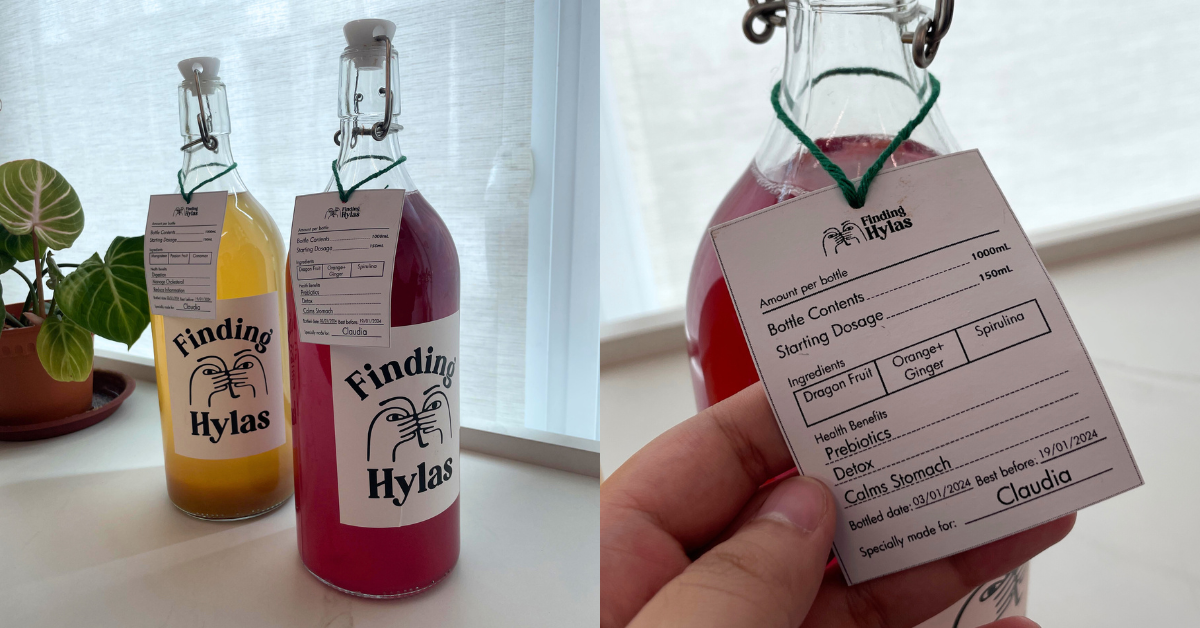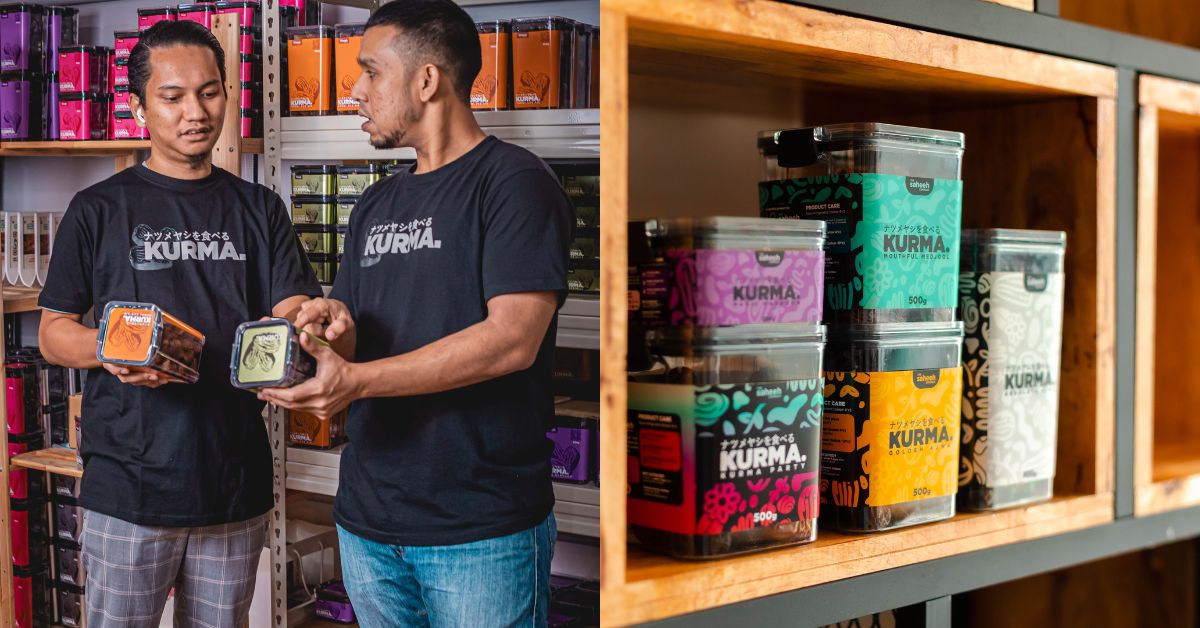Around October 16, the Kota Kinabalu City Hall (DBKK) confirmed that it is illegal for Sabah residents to lease their properties through Airbnb.
The government continued to stand firm on that decision, reconfirming their stance and stating that they have to take action to prevent any parties from taking advantage of the tourist influx.
According to the Assistant Sabah Tourism, Culture and Environment Minister Datuk Pang Yuk Ming, “Airbnb is a business, but if an apartment is built as residential property, it cannot be used for commercial purposes.”
“Kota Kinabalu City Hall has taken the right step.”
This move is also linked to protecting the interests of hotels, especially international hotel chains. According to the Minister, international hotels play significant roles in the development of tourism in the state.
“They can help in marketing Sabah. If those branded (hotels) move away due to the mushrooming of illegal accommodation providers, it will affect the reputation of the state.”
An Airbnb operators group has already responded to his statements. The main gist of their comments is that this ban undermines the Federal Government’s efforts to promote a shared economy, where every one benefits—not just a privileged few.
Spokesman Datuk Dr Johan Arriffin said, “Firstly, Pang said Airbnb operators are not permitted to offer their services at residential lots.”
“The Minister needs to clarify why it’s not permitted in residential properties when Federal ministries and DBKL have already declared Airbnb legal subject to regulations.”
“Secondly, the move to ban Airbnb from being offered at residential lots is also to protect the rights of hotel investors, he said. Why protect the hotel investors only? Don’t other people like unemployed youths and retirees have the right to earn a living too in a shared economy promoted by the government?”
We also reached out to Airbnb to find out their side of the story.
They shared that in general, a typical Airbnb host in Sabah shares their home for 22 nights per year, earning an annual average of US$1,500.
“This does not constitute commercial activity, and we know that this supplemental income plays an important role in helping them cover their bills and make ends meet. This is something we’re very proud of, and something we hope to protect for hosts in Sabah, and elsewhere around the world,” said an Airbnb representative.
We also asked if this ban might affect the rest of Malaysia. Would other state governments follow suit? After all, DBKL has also allowed condo management to put rules in place barring Airbnb.
“Airbnb is thriving in Malaysia. We’re seeing an incredible appetite among Malaysians to travel in new and authentic ways, which explains our outbound guest growth of 125% year on year, as more and more Malaysians use Airbnb to experience new places through the eyes of a local.”
According to them, “The Malaysian government also recognises the value of Airbnb to its tourism industry. Not only did inbound guest arrivals to Malaysia grow by 179% last year, but Airbnb has also helped to put smaller neighbourhoods on the global stage, encouraging travellers from around the world to visit places they may have never even heard of.”
“Brickfields and Taman Desa, for example, have seen incredible growth in terms of inbound guests—areas that haven’t historically seen as much tourism.”
“Far from the rest of Malaysia following Sabah, we hope for Sabah to follow Malaysia’s example, working closely with us to find a way forward for home sharing and allowing the people of Sabah to enjoy the same benefits as those in other parts of the country.”
However, it doesn’t mean that Airbnb’s journey in Sabah will end just here.
“Home sharing generates significant economic activity and promotes a new kind of tourism that benefits locals and diverse communities.”
Airbnb also shared that in 2016 alone, 65,000 visitors to Sabah stayed in an Airbnb listing.
“We know that every city is unique and has its own set of challenges and priorities—we’re not looking to implement a one-size-fits-all approach.”
“That’s why we strive to work closely with governments and policymakers in every city we operate in, to develop clear regulatory frameworks that allow everyone to benefit from home sharing, while addressing local needs.”
“We want to have meaningful and productive discussions with authorities in Sabah, and we look forward to participating in Kota Kinabalu City Hall’s consultation process. We hope to work closely with the relevant stakeholders to develop the right framework to allow home sharing to thrive, to Sabah’s immediate and long-term benefit.”
For Airbnb operators wondering if there will be any consequences for continuing there, the representative had this to say, “We encourage all hosts to consult local laws and regulations before listing their property on Airbnb.”

